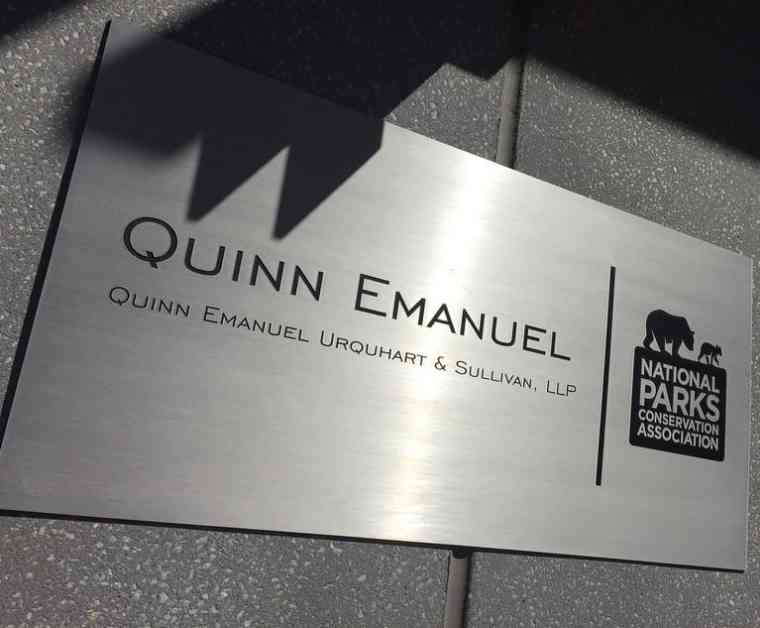China Construction Bank Corp., one of China’s largest commercial lenders, is facing a $140 million lawsuit from White Rock Insurance over allegations of involvement in a massive fraud scheme orchestrated by Israeli fintech startup Vesttoo. The lawsuit, filed by Quinn Emanuel Urquhart & Sullivan lawyers, accuses the bank of providing fake letters of credit that served as the “lifeline” behind Vesttoo’s multibillion-dollar fraud that has rocked the global insurance community.
The complaint, filed in Manhattan Supreme Court, alleges that the majority of the fraudulent letters of credit were supplied by China Construction Bank Corp. and related entities. This revelation has sent shockwaves through the financial industry, raising concerns about the integrity of the banking system and the potential for similar fraud schemes to go undetected.
The Allegations Against China Construction Bank Corp.
According to the lawsuit, White Rock Insurance claims that China Construction Bank Corp. played a central role in facilitating Vesttoo’s fraudulent activities by providing fake letters of credit that were used to deceive investors and insurers. These letters of credit were purportedly issued by the bank as a form of guarantee for transactions involving Vesttoo, giving the appearance of legitimacy to the startup’s operations.
However, it is alleged that these letters of credit were in fact counterfeit and did not have the backing of China Construction Bank Corp. or any legitimate financial institution. This allowed Vesttoo to carry out its fraudulent activities undetected, ultimately leading to significant financial losses for investors and insurers who were deceived by the scheme.
The Impact on the Global Insurance Community
The revelation of China Construction Bank Corp.’s alleged involvement in the Vesttoo fraud has sent shockwaves through the global insurance community, raising concerns about the vulnerability of the industry to fraudulent activities. The use of fake letters of credit to deceive investors and insurers highlights the need for greater transparency and oversight in the financial sector to prevent similar schemes from occurring in the future.
Insurance companies rely on the integrity of financial institutions like China Construction Bank Corp. to provide the necessary guarantees for their transactions. The discovery that these institutions may be complicit in fraudulent activities undermines the trust that is essential for the smooth functioning of the insurance industry, potentially leading to increased scrutiny and regulatory oversight in the future.
The Legal Battle Ahead
As White Rock Insurance pursues its $140 million lawsuit against China Construction Bank Corp., the legal battle is expected to be closely watched by industry insiders and regulators alike. The outcome of the case could have far-reaching implications for the banking and insurance sectors, as well as for the broader financial industry as a whole.
The allegations against China Construction Bank Corp. raise questions about the bank’s internal controls and oversight mechanisms, as well as its compliance with regulatory requirements. If the bank is found to have been complicit in the Vesttoo fraud, it could face significant financial penalties and reputational damage that could have long-lasting consequences for its business operations.
In conclusion, the lawsuit filed by White Rock Insurance against China Construction Bank Corp. sheds light on the risks and challenges facing the global financial industry in an increasingly complex and interconnected world. The use of fake letters of credit to perpetrate fraud highlights the need for greater vigilance and transparency in the banking and insurance sectors to protect investors and consumers from falling victim to similar schemes in the future.















